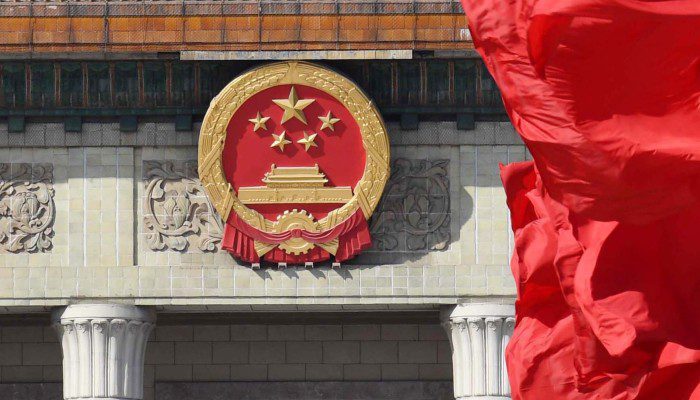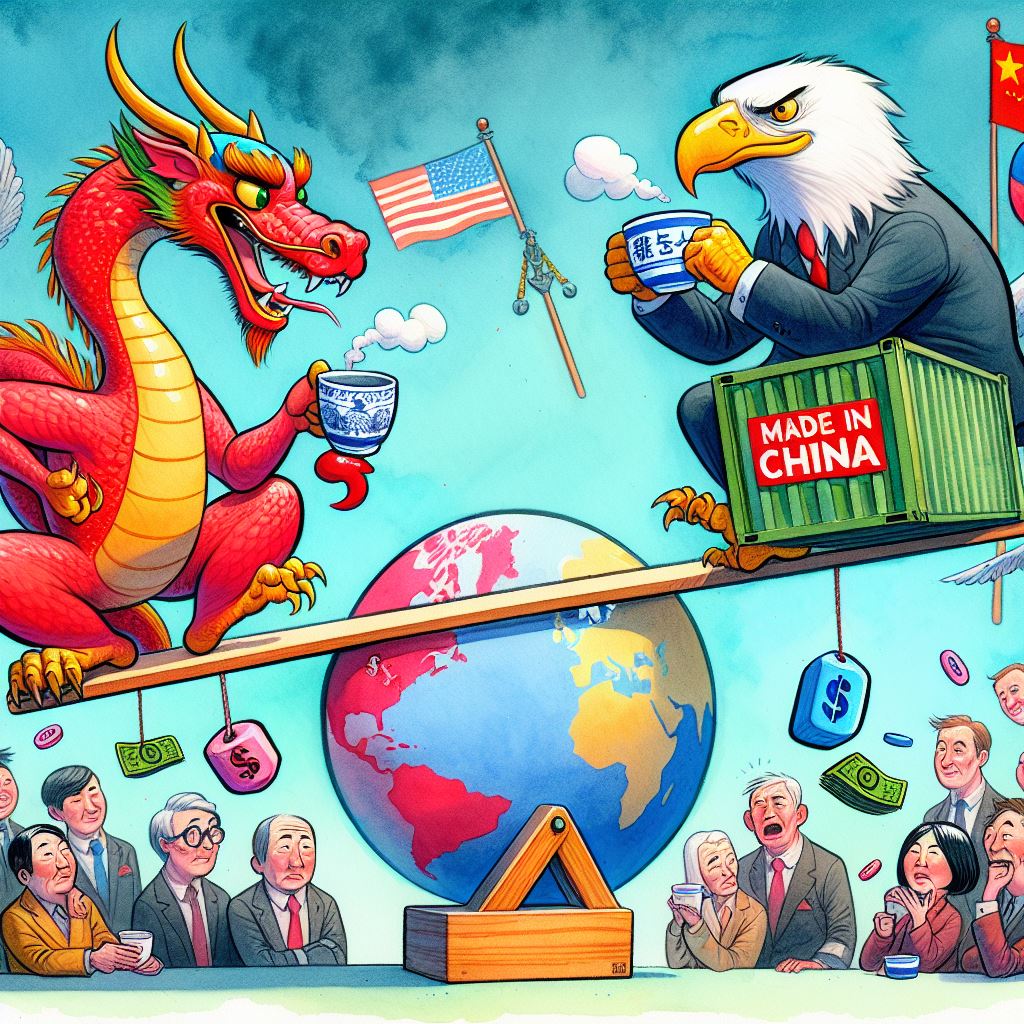Company acquisition in China requires complicated processes and procedures that take up one’s resources. In general, Mergers & Acquisitions take significant consideration of taxes and other regulatory requirements in order for it to be successful. M&As occur in dealings concerning any sector or business direction, be it in a service or retail company.
Have a look at our previous article on the Life Services Industry in China – Relevant Tax Policies
To successfully secure a foreign presence in China, intricacies related to M&As such as Due Diligence, Negotiation, and Tax Issues are sorted out properly to ensure a smooth transaction. Read below to find out more!
Due diligence before company acquisition
Tax evasion, fraud, and other internal problems within a target company are complications that an acquiring company might have to deal with. Due diligence practices handled by certified professionals in the field must go above and beyond merely reviewing assets and liabilities. Holistic due diligence solutions (or partial, depending on the circumstances) must prepare investors with significant procedures involving:
- Conclusive market research;
- Detailed competitor review;
- Channel analysis; and
- Company valuation based on financial and legal investigations.
Read about Due Diligence in China: Why & How You Should Conduct It
Due diligence services need to verify real company value and uncover potential weaknesses and hidden opportunities that may make or break M&A negotiations. In other words, to deal with this kind of M&A intricacy, investors must hire a competent and credible team who will take care of due diligence practices on their behalf.
Negotiation support during the acquisition of a company
Generally, it is difficult to get M&A deals closed properly. Negotiations can go back and forth for a long time. Different participants’ habits, fears, perceptions, needs, and desires need to be taken into consideration because these traits help shape the direction of negotiations. In China, the Chinese view negotiations as mechanisms to enable the building of trust to promote harmony and common benefit between the concerned parties. Each party naturally judges the other but trust is built by engaging in dialogue. Instead of establishing “contract-based absolutes” that are usually inflexible, the Chinese way of negotiating involves a continuous, dynamic process.
Some ways to succeed in M&A negotiations:
- Thoroughly know the local business context of the deal to increase your credibility.
- Build intrapersonal relationships with negotiation counterparts (instead of relying on organizational transparency in Chinese companies) to ensure closely aligned mutual goals.
- Prepare thoroughly and be forth-coming about your corporate “big picture” story: opening statements regarding your corporate background, commitment, significance, past performances, and value to your Chinese counterparts.
- Be aware of how your Chinese counterpart views your company relative to your competitors and use this information to gauge the strengths and weaknesses of your company as well as gain competitive positioning.
- Negotiations do not end after the contract signing. Further friendly discussions continue thereafter which usually leads to commitment to ongoing negotiations that nurtures local China relationships for the long run.
The Western way of negotiation can appear to be more individualistic. In Chinese negotiations, it is useful to know that teams usually appoint certain tasks to team members: a speaker, translator, note-taker, etc. and refers to each member for their respective tasks. Unlike in Western negotiations where speaking up independently is encouraged, the Chinese way frowns upon speaking outright (out of turn or outside your task).
Tax considerations
Controversial (contentious) tax issues might arise during M&A transactions. These issues may arise during tax due diligence practices, internal investigations, or even during business after the M&A deal. However, findings from due diligence proceedings often highly influence the outcome of M&As. Investors typically wish to know if their target company (or group of companies) has been involved in a tax compliant. Non-compliance means tax risk exposure to investors and may potentially threaten the integrity of the investment. Further, negligence, fraud, or transitioning government policies may cause these contentious tax issues.
- Transfer Pricing
- General non-compliance with tax deadlines, registrations, payment dues, etc.
- Unorganized maintenance of evidentiary support necessary for future tax payments or deductions
- Permanent establishment risk outside China (similar to the tax residency conundrum for individuals)
- Maintenance of multiple sets of books (accounting records) to avoid paying high taxes. This usually comes in the form of a set of accounting records kept for management containing true operational figures (i.e., revenues) and another set that reflects significantly lower revenues shown to tax authorities for compliance.
- Intentional underpayment of import duties including VAT, consumption tax, and customs duties by declaring imported assets with less value
M&A tax-related advice
As in other tax matters in China, different regions or cities have different interpretations and practices, but there is some sort of uniformity to these transactions generally. Investors may use these tax-related findings and negotiate the purchase price favorably further. If the challenges pose a more serious threat to the investment, the M&A deal may be suspended until such issues are resolved significantly by the target company’s management. However, a less drastic remedy would be to modify the structure of the deal itself (instead of suspension) and/or provision of a tax warranty or indemnity in the contract or other relevant paperwork. Funds may be placed in escrow until the issues are resolved. These funds in the trust account may be used to compensate for all damages incurred due to these tax lapses.
Conclusion
Mergers and Acquisitions may be smoothly and successfully closed with the right team and the proper preparation. The documents and procedures necessary to complete the deal need to be taken care of properly to achieve this. Moreover, the right knowledge regarding different intricacies involving China’s business and economic culture, taxation practices (and malpractices), and several other issues must be within the investing team’s repertoire to avoid unnecessary challenges or even unwanted litigation. Although it is quite rare, there are few instances where deal-breakers exist during M&A transactions that force investors (or target companies) to forgo the negotiations once and for all.
How can we help?
Mergers and Acquisitions sometimes take months, maybe even years in the making. Legal, ethical, and labor aspects must be closely settled and looked into before a deal can be made. Our professional and experienced consultants can help with your transition and acquisition. We can advise on the best route, help with tax implications, and conduct due diligence to ensure success in your deals.
Mergers and acquisitions and other forms of takeover require lots of money so you do not want to be spending it aimlessly without the right kind of people to give you direction on financial advisory. Contact us to get you started.
If you are interested to know about our latest Cloud-based company solution, go to our Kwikdroid page to check the prices and packages we offer, no matter the size or type of company.







